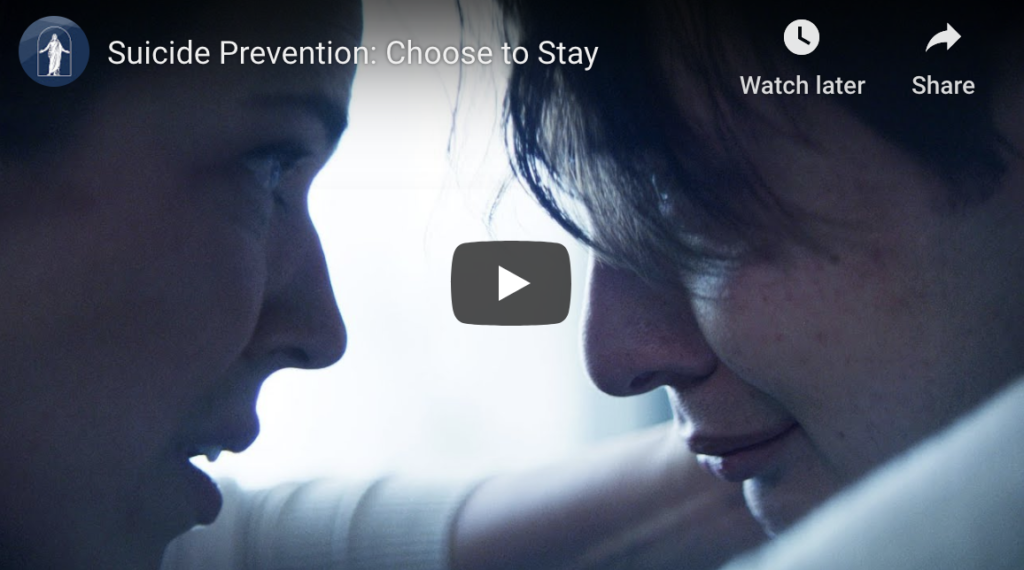
In many cases, suicide prevention is a painful, long-term process. A young man talks about his struggle with depression and the persistent feelings of pain and emptiness that seemed overwhelming. He chose to stay alive for his family and his friends.
He chose to stay alive and experience the small and simple things that he loves. He chose to stay alive because he finally realized that he doesn’t have to stay alone. His message to others fighting the same battle: “You can choose to stay too.”
For help or further resources, go here
Elder Dale G. Renlund: Suicide Prevention, Understanding Suicide
Elder Dale G. Renlund of the Quorum of the Twelve Apostles shares his thoughts on the importance of understanding suicide and talking about it within a community. “What we need to do as a church is to reach out in love and caring to those who have suicidal thoughts, who have attempted suicide, who feel marginalized in any way. We need to reach out with love and understanding,” he says. If you or someone you know is hurting, visit suicide.lds.org to learn more about the help and resources available.
Sitting on the Bench: Thoughts on Suicide Awareness and Prevention
There is no easy solution for helping someone who has thoughts about suicide. But there are some things we can do to reach out to them. The most common sources of pain for someone having suicidal thoughts are feeling disconnected from other people, feeling like they’re a burden to others or that people would be better off without them.
Coupled with the hopeless thoughts that things aren’t going to change, suicidal thoughts become risky. For some, like Seth Adam Smith, the right words spoken by another can change a life. Seth’s depression caused him to attempt suicide. He was miraculously saved, and when he awoke, his older brother’s words changed everything. “You know, Seth,” his older brother said, “I almost lost my little brother. … I don’t think I’m going to go anywhere for a while.”
While it may seem too simple, sometimes words of comfort, support, and love can be life-changing for someone who doesn’t feel needed. Sometimes those suffering with depression and suicidal thoughts don’t even need words. They just need someone to sit with them. They need someone to be there for them. They need to feel loved and valued.
Elder M. Russell Ballard counsels us not to judge, but to reach out. “It doesn’t mean you’re going to be able to heal people, … but we can have an impact in guiding people to some of the resources out there.” He reminds us that we can be one of those resources. “There is nothing more powerful than the arm of love that can be put around those who are struggling.”
